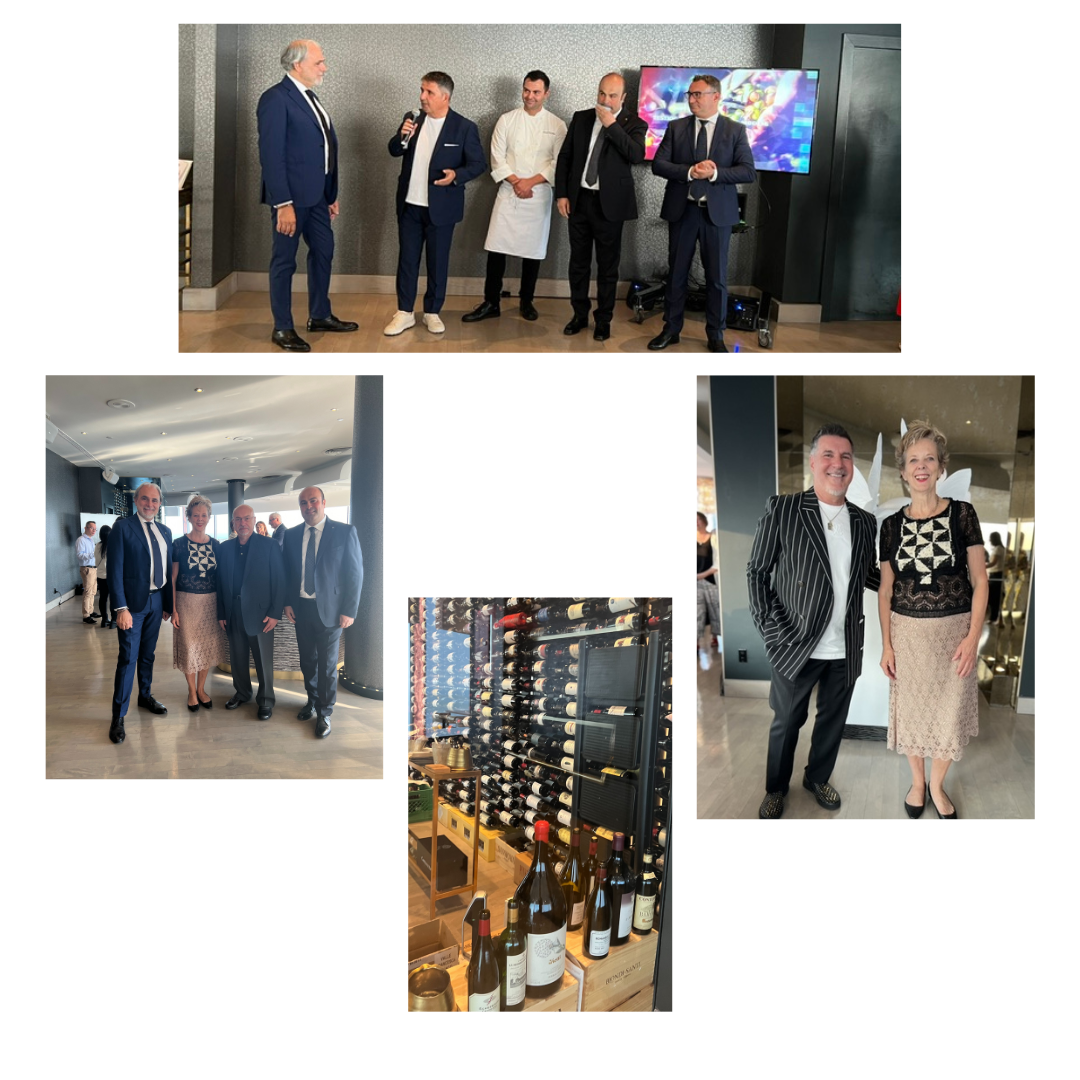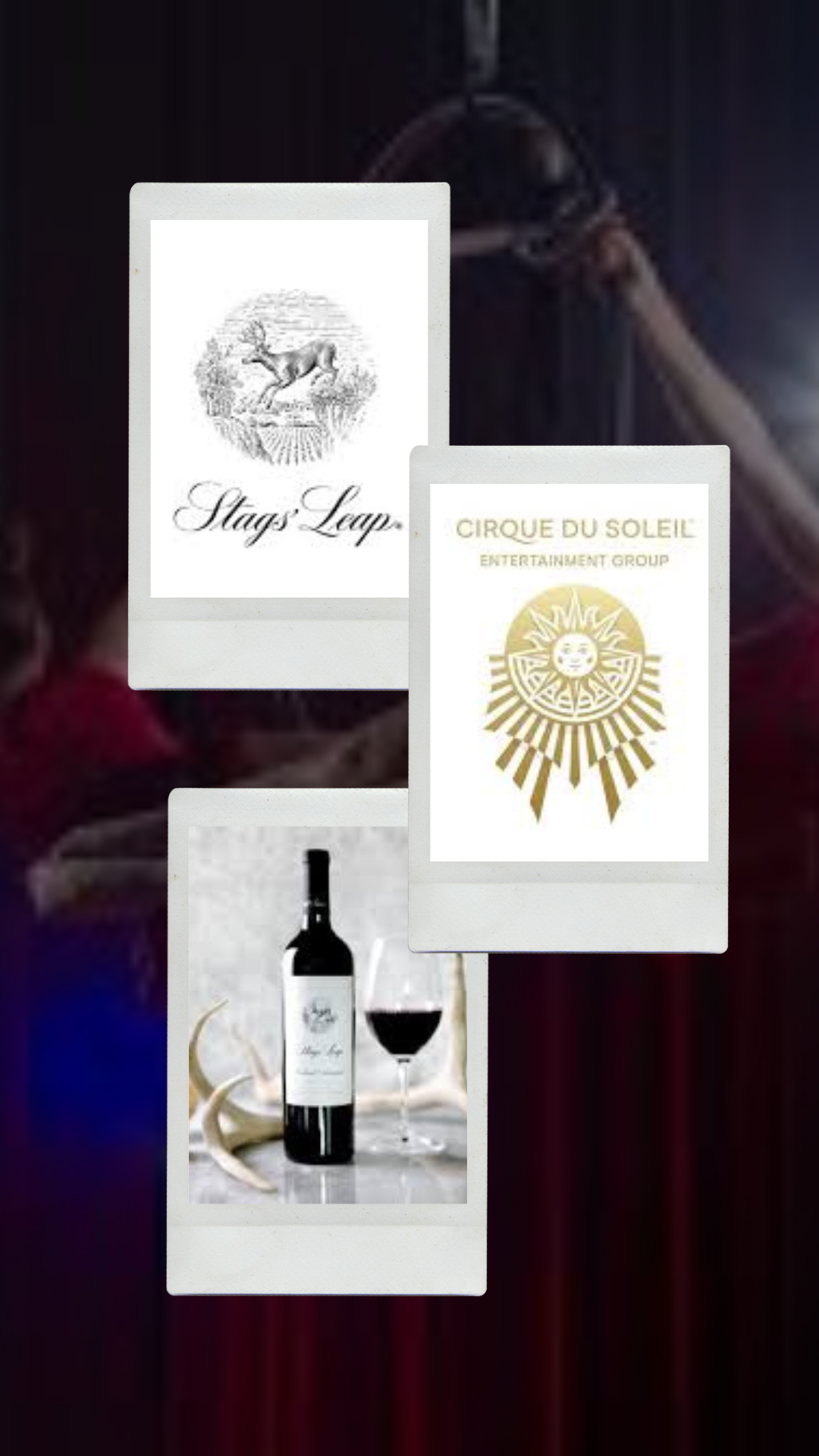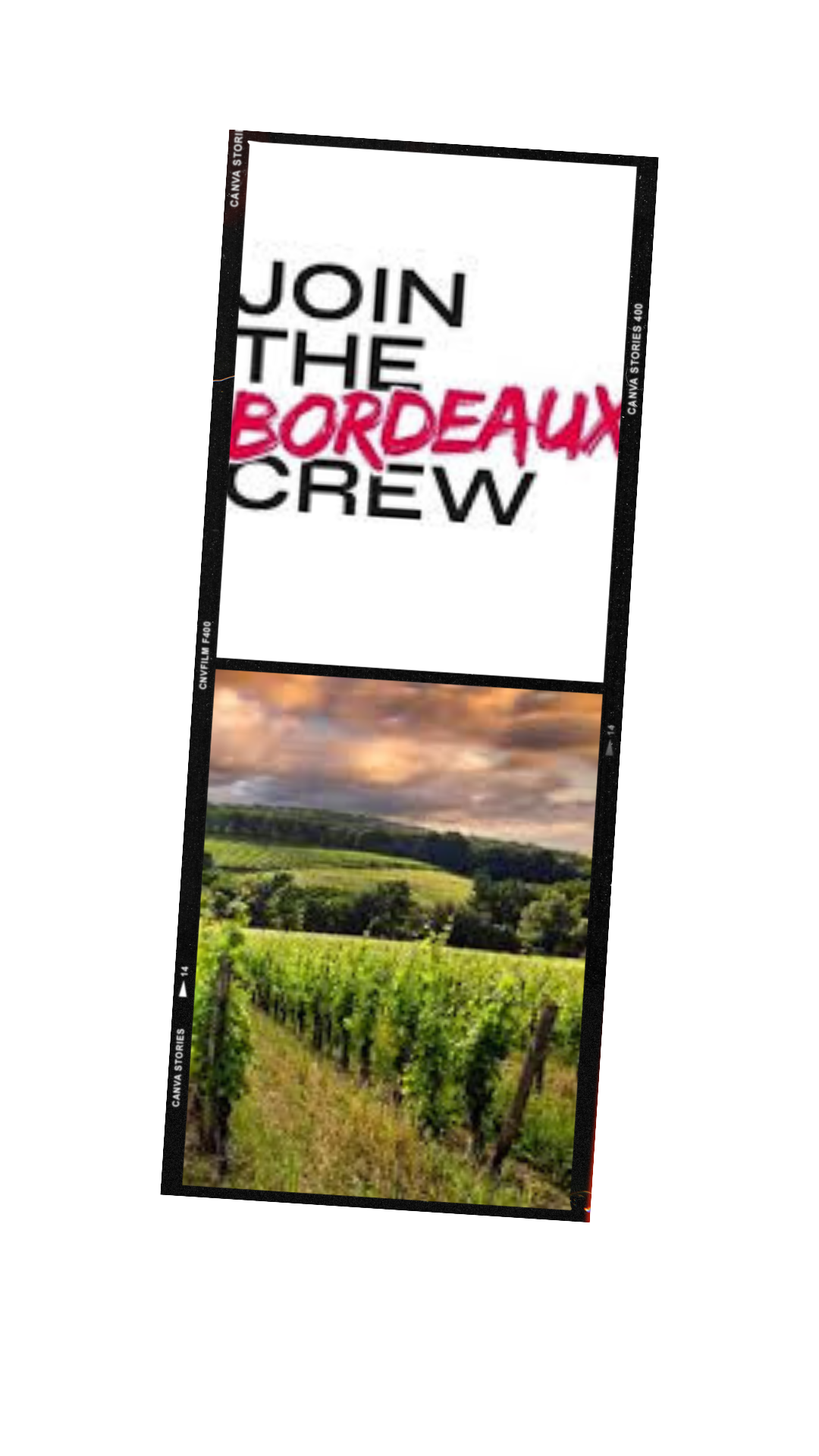I am thrilled to conduct an in-person interview with Maximilian Riedel, the visionary CEO and President of Riedel, a company renowned globally for its innovative and high-quality glassware. Under Maximilian’s leadership, Riedel has continued to elevate the art of glassmaking, blending tradition with cutting-edge design to enhance our wine and spirits experience. In this exclusive conversation, Maximilian shares insights into the company’s journey, his personal inspirations, and the future of Riedel in the ever-evolving world of glassware craftsmanship. Let us delve into the mind of a leader who is redefining the way we savor our favorite beverages.
Company Vision and Strategy
Riedel has a long and storied history in the glassware industry. How do you balance tradition with innovation in your role as CEO?
“So, obviously, tradition is for me an orientation, but I see it in my back mirror, and sometimes it’s good and advisable to look into the back mirror, but it should never interfere with the cause of an entrepreneur.
We are in the present, we’re working for the future, and sometimes you also have to break with tradition to bring forward newness and excitement, and that’s exactly what I have been doing over the last 10 to 20 years.
So, I feel like I am in the midst, and I’m doing a good job in balancing them both.”
Product Development and Innovation
How does Riedel approach sustainability and environmental responsibility in its manufacturing processes?
“For us, this, of course, is a very important subject, especially since we live off raw materials, which are natural.
Lately, very challenging for any manufacturer in Europe because the cost for energy and raw materials has gone through the roof, and it’s challenging for us right now.”
Are there any upcoming products or innovations that you are particularly excited about?
“Always, but we remain creative, and every year we bring forward newness, and invest in our technology which allows us to bring forward products which are very unique to the market.”
Market and Industry Trends
How do you see the global market for luxury glassware evolving in the next 5 to 10 years?
“Amazing. I think we have not seen so much development like we did in the past 10 years.
Sadly, it’s coming to a halt because the wine industry is not booming anymore, and because of that, it’s a little bit challenging also for us as glassmakers because we are so connected.”
Personal Insights and Experiences
Growing up in a family business, what are some key lessons you learned from your father and mother?
“From my father and mother …everything, everything.
I’m in the business because of them.
They made it so exciting and so attractive to me that I wanted to join ever since, and the reason why I’m here is because of my parents.”
What motivates you both personally and professionally?
“Well, I’m living the dream.
I mean, who does not want to deal with wine and food and glass every day. I get to travel the world…. I get to meet very interesting people.
Also, thanks to social media, in my little environment, I’ve become a celebrity because of my passion for what I do.”
Future Outlook
What partnerships or collaborations are you currently exploring to expand Riedel’s reach and influence?
“Well, obviously we have a lot of partnerships with wine and champagne houses, but I think we need to look outside of that because we learned from Tiffany and other companies… right now partnerships with other companies, with other brands can be of great benefit so, we’re seeking for that.”
Maximilian Riedel’s Favorites
Let’s dive in and learn about your favorites.
What is your favorite Riedel Collection and why?
“I don’t have one because I love them all, otherwise I would discontinue them. I love them because of what they stand for and whatever comes handy, I use.”
What is your Favorite Decanter and why?
“Definitely the Ridel Eve Decanter, it’s one of many designs that I created… it’s my favorite.”
What is your favorite wine (if you had to choose one) and why?
“Don’t have one….It depends on the situation, depends on the momentum, depends on the people I’m with.
But, if it comes to champagne, I grew up with Dom Pérignon, and for sure it’s a wine I would look at.”
And lastly, my most important question [I also love vintage cars especially sport cars]…whilst your passion for wine runs deep, so does your love for collecting and driving your vintage sports cars on the track, through vineyards and through the European countryside, which car do you favour overall to drive through the vineyards?
Well, it’s similar to wine. I’m fortunate to have a few cars, and it’s also about the situation and the momentum. Cars are like beautiful pairs of shoes. You have one for every occasion, or you should have. I definitely have a passion for Porsche cars, and vintage Porsches with their air-cooled sound it’s very special.”







